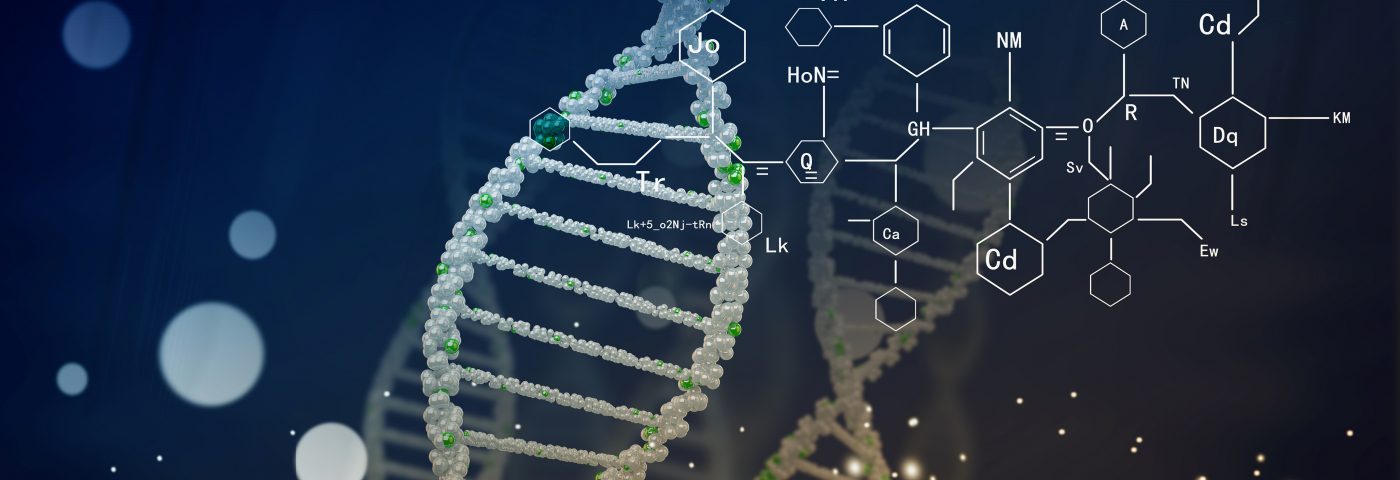Melanoma tumors harboring mutations that inactivate interferon (IFN)-gamma signaling are resistant to treatment with the checkpoint inhibitor Yervoy (ipilimumab), researchers report. The findings may be used to predict which patients may benefit from Yervoy treatment.
The study, “Loss of IFN-γ Pathway Genes in Tumor Cells as a Mechanism of Resistance to Anti-CTLA-4 Therapy,” published in Cell, also opens research into ways of overcoming the lack of IFN-gamma signaling.
While Yervoy, an inhibitor of the checkpoint molecule CTLA-4, improves survival in about 20 percent of melanoma patients, researchers have struggled to determine who will respond to treatment.
Checkpoint blocking agents act by unleashing an immune response by T-cells. The immune cytokine IFN-gamma is key to initiating such a response, but it can also directly damage tumor cells.
Tumor cells have receptors for IFN-gamma on their surface, and as the cytokine binds to its receptor, it triggers cellular events that prevent the tumor from growing and promote its death. It is, therefore, in the interest of the tumor to do away with these cellular mechanisms.
Researcher at the University of Texas MD Anderson Cancer Center sequenced the genomes of tumors from 16 patients — of whom only four had responded to treatment with Yervoy. Distinctions within this group were certainly noted in their genes.
Among people who did not respond to Yervoy treatment, researchers found 184 mutations in their tumors, with the majority being deletions or amplifications of DNA stretches. In tumors from the patients who responded, only four mutations were found.
A closer look showed that the non-responders had, on average, 15.3 mutations in genes related to IFN-gamma signaling. The mutations ruined receptors for the cytokine, as well as molecules involved in propagating the IFN-gamma signal inside the cell. In addition, genes coding for two factors blocking the IFN-gamma pathway had increased activity.
To further test the importance of these findings, the team removed one of the two receptors for IFN-gamma in cells that are normally sensitive to attack by the factor. When dousing the cells with IFN-gamma, the cells continued to thrive.
The same was seen in mice injected with melanoma cells. Among mice with an intact IFN-gamma receptor, only four out of 24 mice developed tumors. Among mice without the receptor, 12 of 25 had cancer, showing the importance of the immune factor in protecting the body from cancer development.
When the team treated the two types of mice with Yervoy, 80 percent of the mice with intact IFN-gamma signaling survived, compared to about 50 percent in those lacking the receptor.
Ultimately, the team could pinpoint 11 genes involved in IFN-gamma signaling that could potentially be used to test if patients will respond to Yervoy treatment. The use of such an approach, however, need to be validated in further studies. Researchers also hope that the findings will allow the development of combination treatments that bypass the loss of IFN-gamma signaling.
“We might be able to stimulate the immune system to produce other cytokines that can overcome tumors with IFN-y pathway genes turned off,” Padmanee Sharma, MD, PhD, professor of Genitourinary Medical Oncology and Immunology, and senior author of the study, said in a news release.


